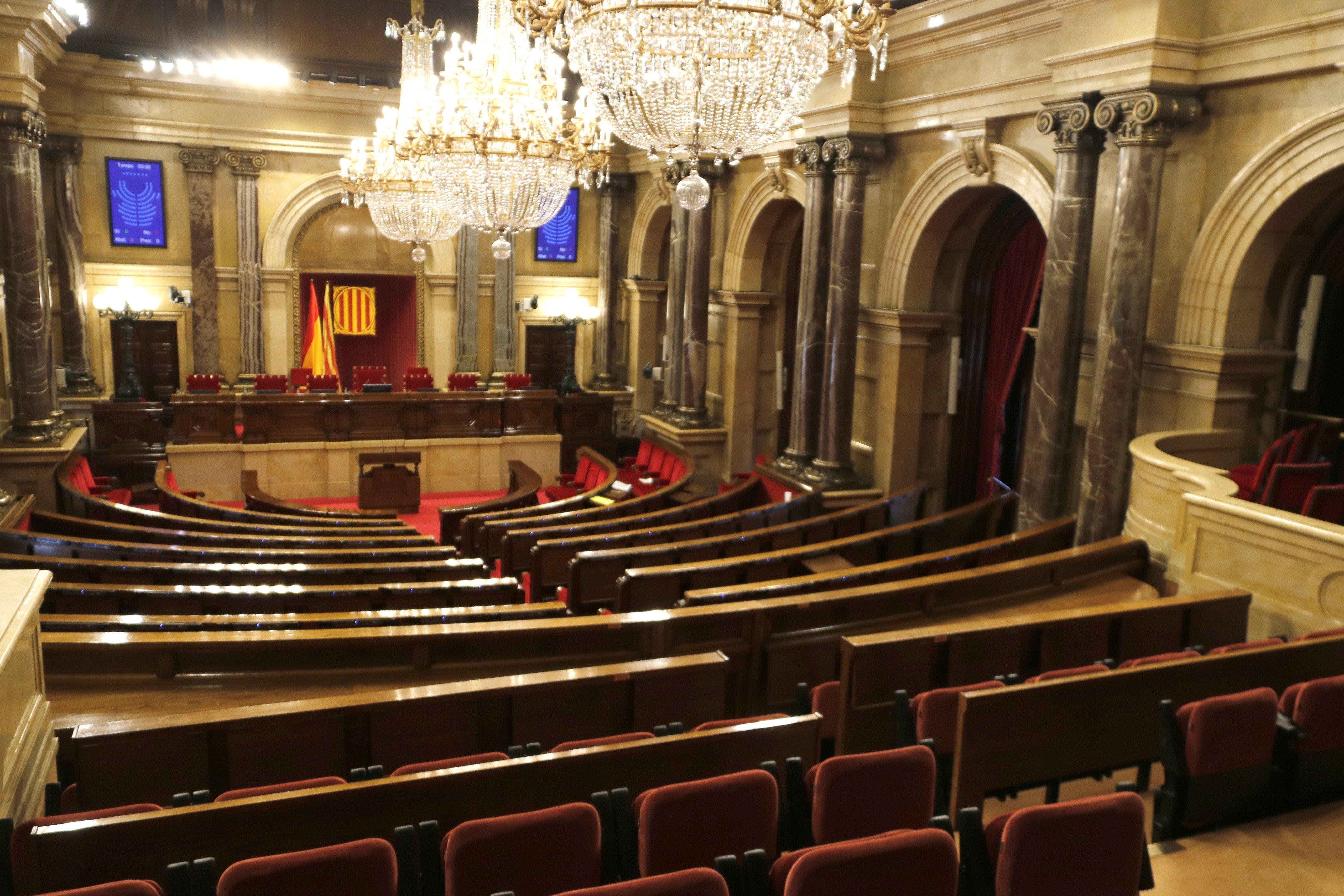The judicialization of Catalan politics has become a recurring theme in recent years. However, what has happened since last Friday's postponement of the February 14th elections till May 30th is something of a record. A veritable shower of appeals has rained upon the table of the High Court of Catalonia (TSJC), which will have to rule on them in the next 24 hours. Two of the proponents of the challenges are minor parties close to the Catalan Socialists (PSC).
Officially, the Catalan court has reported that over the past few hours a total of four appeals have entered its registry, three from political parties and one from an individual. It is the latter which has created the urgency, seeking immediate resolution from the court by tomorrow Tuesday, on an interim injunction which would provisionally cancel the decree suspending the February 14th election date. So the vote would still be on.
On the other hand, the appeals from the political parties focus on the violation of rights or lack of powers and avoid asking for urgent precautionary measures which they believe are virtually unviable. As sources at the court have confirmed to ElNacional.cat, the resolution of these challenges will take about four or five days, although in any other circumstances, the TSJC could take weeks to rule on them.
Up till now, judicial offensives against the electoral postponement have been announced by La Lliga Democrática, Federalistas de Izquierdas, Izquierda en Positivo and Impulso Ciudadano - these last two are the groups who took Catalan president Quim Torra to court for the banner demanding freedom for the Catalan political prisoners. The employers association Foment del Treball had hinted at doing the same, but this afternoon have said they will not. The PSC itself had also threatened court action against the postponement, but in the end, did not want to get its hands dirty.
One of the appeals against the suspension of the February 14th Catalan election day: that presented by the pro-Socialist party Lliga Democràtica.
Earlier appeal from PACMA
Apart from these appeals, there is an earlier one presented by the animal rights party PACMA, which has nothing to do with the decree annulling the 14th February election date. The pro-animal group appealed the original call for elections on the grounds that the electoral law was not adapted to the current Covid-19 pandemic situation, and this made it difficult for small parties to obtain the required backing via voters' signed support - with a total of 5,600 signatures required to put up candidates throughout Catalonia.
PACMA demands that this figure (0.1% of the total Catalan electorial role) be reduced, since the current situation greatly increases the difficulty of collecting signatures in public places.
The shadow of the PSC
The Lliga Democràtica and Federalistas de Izquierdas, two political forces in the orbit of the Catalan Socialists, have demanded that the decision of the Catalan executive to cancel the elections scheduled for 14th February be overturned. Specifically, they challenge the decree suspending the vote which vice president Pere Aragonès signed on Friday. The argument: that "it could mean the suspension of democracy and the perpetuation in office of a government which is provisional and has no checks on its power".
The attitude of the Catalan Socialists against the postponement of the Catalan elections, agreed between the Catalan government and the majority of parties represented in the Parliament - in fact, all except the PSC accepted the final accord - has irritated the Catalan Republican Left (ERC), which suspects that the Pedro Sánchez government "is manoeuvring to interfere" in the Catalan elections, in the same way as the Spanish executive did when it applied direct rule to Catalonia, under article 155 of the constitution. That is, by pressuring certain figures within the party's orbit to avoid the electoral postponement, by means of court action. ERC spokesperson Marta Vilalta has defined it as an exercise in "cynicism, frivolity and irresponsibility." Vilalta asserts that regretfully "they are playing electoral games instead of prioritizing people's health."

